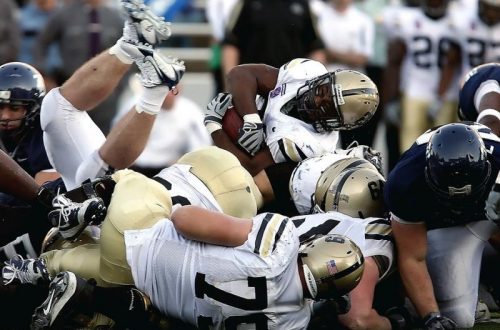Authority and Servanthood in the Gospel of Mark: Jesus Teaches about Servanthood*
One of my favorite portions of the New Testament is found in the middle of the gospel of Mark (8:22–10:52). The disciples are following Jesus on the way to Jerusalem and he is teaching them about just who he really is and what it means to follow him. They are struggling with what he says, as do many of us present-day disciples!
One of my favorite portions of the New Testament is found in the middle of the gospel of Mark (8:22–10:52). The disciples are following Jesus on the way to Jerusalem and he is teaching them about just who he really is and what it means to follow him. They are struggling with what he says, as do many of us present-day disciples!
There is a consistent and repeated pattern in this section that alerts us to the importance of the content. First, Jesus predicts his coming suffering, death, and resurrection three times at 8:31; 9:31; and 10:33-34. Following each prediction is the disciples’ failure to grasp the teaching and values Jesus is presenting. Consequently, Jesus then gives additional re-teaching on the subject. He wants them to understand that a disciple’s life of service is in direct contrast to their squabbles over positions of prestige.
It is in this section that we find such teachings from Jesus:
"If anyone wishes to follow after me, let him deny himself and take up his cross and follow me." (Mk 8:34)
"If anyone wishes to be first, he will be last of all and a servant of all." (Mk 9:35)
"Whoever wishes to be great among you will be your servant, and whoever wishes to be first among you will be a slave of all." (Mk 10:43-44)
This is also the section where we find the disciples arguing about who among them is the greatest (Mk 9:33-37) and two of them asking Jesus for high position and authority (10:35-40).
The statements above in 9:35 and 10:43 are self-contradictory and paradoxical in nature and thus are meant to cause you to pause (how can you be first if you are last? how can you be great if you are a slave?). This is fairly common in Mark where Jesus uses unexpected and contradictory statements which depart from accepted practice for the very purpose of challenging those practices. He is not simply providing his disciples a new and better way to acheive greatness but is renouncing their striving for prestige and power altogether. He is completely redefining and reversing the concept and importance of greatness. Disciples are to have a willingness to give others priority and are to make a decision to refrain from insisting on self-prerogatives. (I tell me kids all the time: It’s not that you should be last just so that you can be first; it’s that you should stop worrying about being the most important all the time.)
In the eyes of the first century world, status and authority is found in exercising rule over those in subordinate positions, and doing so for your own personal benefit while ignoring the needs of others. Jesus wanted to rearrange the disciples thinking on the subject. By using the imagery of slavery in 10:44, Jesus is equating the lowest and most dependent class of society with the most prominent, and in doing so he shows that the greatest virtue for his followers is not power or even freedom, but service.
*Other installments in this series include Part One where we looked at the historical background, Part Two on authority in the gospel, and Part Three on servanthood in the gospel. Next time (in 2 weeks) is the wrap up! See you then.


